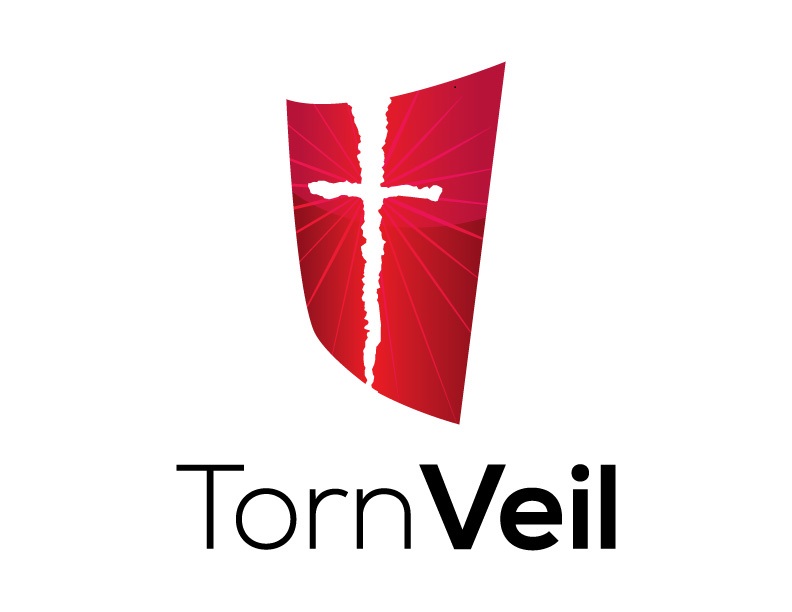
“Now the earth was formless and void, and darkness was over the surface of the deep. And God said, ‘Let there be light…’”
— Genesis 1:2–3
Back in February 2023, the U.S. Copyright Office handed down a decision that, at the time, seemed reasonable. In the case of Zarya of the Dawn, the office ruled that while the author of the comic could claim rights to the written text and arrangement, she could not claim copyright over the images created using the AI tool Midjourney.
Why? Because those images were not “the product of human authorship.”
But beneath this decision lies a dangerous philosophical foundation—one that Christians must not ignore. The Copyright Office isn’t just making legal claims. It’s making theological ones about what constitutes authorship, agency, and intent.
The Argument: If the Machine Creates, You Don’t
The Copyright Office’s reasoning rests on several points:
- AI output is unpredictable.
- Users do not have full control over the final image.
- Therefore, authorship cannot be attributed to the human prompting the system.
In other words, if you can’t guarantee the result, you didn’t create it.
But this logic is flawed, both legally and theologically.
Creation Always Begins with Chaos
Midjourney and other AI tools generate images starting from digital noise, an unstructured field of visual randomness. From there, the system interprets the user’s prompt and begins refining that noise into a recognizable form.
This may seem “non-human,” but it’s actually quite biblical.
In Genesis, God brings order out of chaos, light from darkness, land from sea, and structure from the void. The earth was formless and empty. And then came a word.
Midjourney follows the same arc, except that the “divine command” is your prompt.
You, the human, speak into the void. The algorithm isn’t the creator; it is the medium through which creation happens. It’s a tool that lacks breath, choice, or the imago Dei, and therefore cannot be the true source of creation.
The first mover is still you.
The First Mover Defines the Author
This is where the copyright ruling reveals its fatal flaw. It assumes that unpredictability equals non-authorship. But all creative work is unpredictable. No painter knows exactly how the brush will behave, nor a sculptor how the chisel will hit, though their direct physical control is undeniable. Yet, in all these, the final form emerges through a dialogue between intent and surprise, vision and discovery.
Moreover, modern generative image tools allow for massive editorial control over the outcome. Authors can now meticulously refine color, dimensions, composition, and a host of other options to precisely match their vision. An apple does not spontaneously generate a pear; the user’s intent guides the transformation. The prompt isn’t passive—it is the spark. It is your Let there be.
To deny authorship on the basis of unpredictability or the use of a tool is to misunderstand the nature of all artistic work. Worse, it replaces a biblical anthropology of human agency with a mechanistic, transactional one. The artist becomes a technician, and the machine becomes the source.
But that’s not how creation works. That’s not how God made us.
If AI is granted increasing creative credit simply because it interprets and transforms noise, then we are doing more than rethinking copyright; we are reassigning the act of creation. Slowly, subtly, we’re crediting machines with authorship that belongs to the human spirit.
It’s like saying:
“God didn’t create the world. He just typed a prompt into the chaos, and something else formed it.”
This isn’t a question of legal categories. It’s a question of who gets to be called a creator. This discussion, of course, presumes the ethical acquisition of training data; the question of pirated source material is a separate, though equally vital, legal and ethical battle.
As Christians, we know that creativity flows from personhood, and personhood from the image of God. We do not author because we compute. We author because we are human.
Conclusion: Don’t Give the Noise the Glory
Midjourney isn’t a co-creator. It is a digital wilderness waiting to be spoken into.
The Copyright Office may not understand that. But we must.
When we prompt the machine, we are not triggering random magic. We are acting as agents of intention, stewards of vision, and bearers of divine creativity. To deny this is to hand over the sacred act of authorship to something that does not breathe, does not choose, and does not bear the imago Dei.
Let the world be confused about authorship. But let the Church not be.
We know who moved first.
